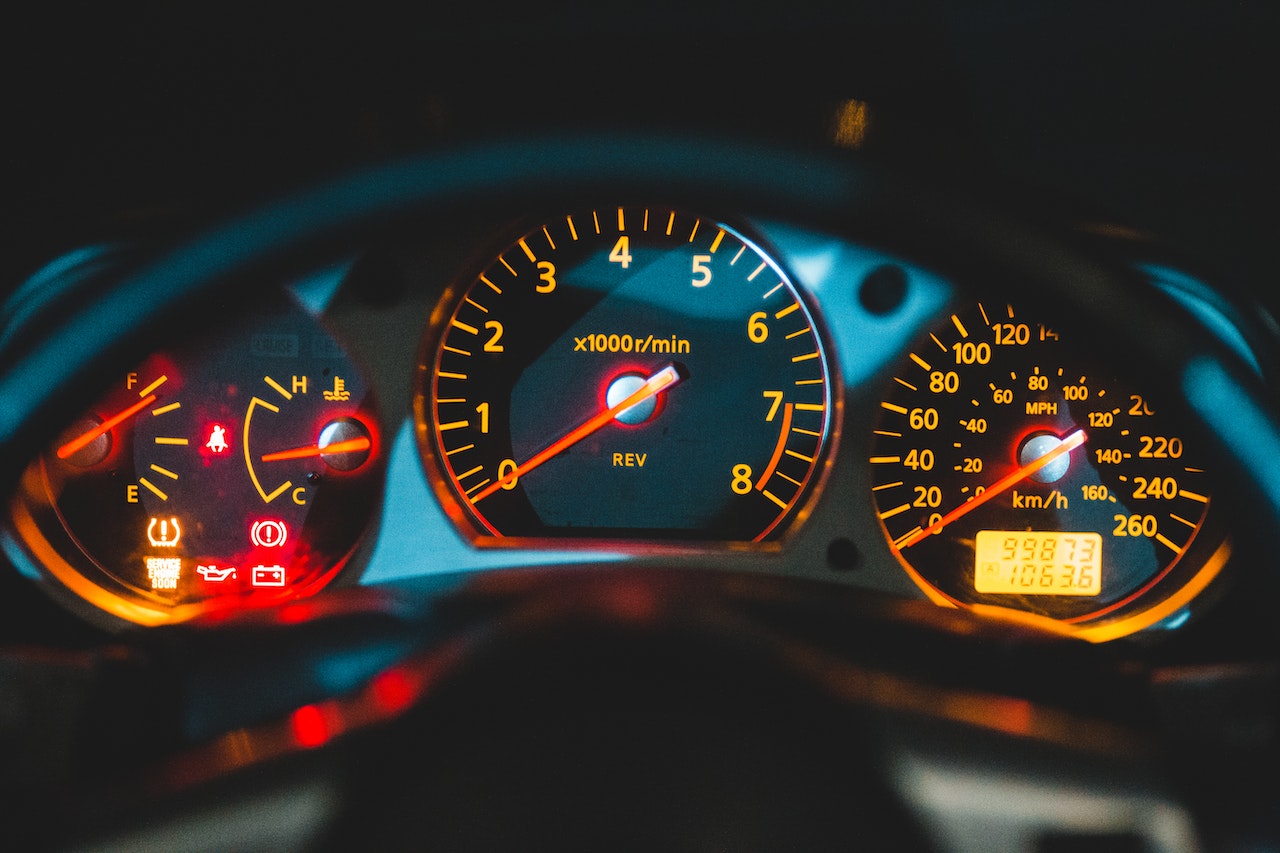The check engine light is a warning sign that can cause panic in any driver. It is a signal that something is wrong with your car and needs to be checked as soon as possible. The check engine light can come on for several reasons, and it is essential to understand them. This article will discuss some possible reasons why your check engine light is on.
Loose Gas Cap
A loose gas cap can cause the fuel system to lose pressure, which triggers the check engine light. If you notice that your check engine light has come on, try tightening your gas cap. The problem is likely a loose gas cap if the light goes off. If the light stays on, your car may have a more serious issue.
Faulty Oxygen Sensor
Another common reason the check engine light comes on is a faulty oxygen sensor. The oxygen sensor measures the amount of oxygen in the exhaust system and sends this information to the car’s computer. If the oxygen sensor is faulty, it can cause the car to run rich or lean, damaging the catalytic converter and other components. If the check engine light comes on, it is essential to have your oxygen sensor checked.
Malfunctioning Catalytic Converter
The catalytic converter is a critical component of the exhaust system. It converts harmful pollutants into less harmful emissions. If the catalytic converter is not working correctly, it can cause the check engine light to come on. A malfunctioning catalytic converter can also cause the car to fail an emissions test. If your catalytic converter is not working correctly, it is crucial to have it checked by a professional mechanic.
Failed Mass Airflow Sensor
The mass airflow sensor measures the air entering the engine and sends this information to the car’s computer. If the mass airflow sensor fails, it can cause the car to run rich or lean, damaging the engine and other components. A failed mass airflow sensor can also cause the check engine light to come on. If you suspect that your mass airflow sensor has failed, it is essential to have it checked by a professional mechanic.
Low Battery Voltage
Low battery voltage can also cause the check engine light to come on. If the battery voltage is low, it can cause the car’s computer to malfunction, which can trigger the check engine light. Low battery voltage can also cause other electrical problems in your car. If you suspect that your car’s battery voltage is low, it is essential to have it checked by a professional mechanic.
Conclusion
The check engine light can come on for several reasons, and it is essential to understand them. Some of the most common reasons the check engine light comes on include a loose gas cap, faulty oxygen sensor, malfunctioning catalytic converter, failed mass airflow sensor, and low battery voltage. If you notice that your check engine light has come on, it is essential to have your car checked by a professional mechanic to identify and fix the problem. Ignoring the check engine light can lead to more serious problems and costly repairs down the road.
Looking for reliable car care doctors? Look no further than Automed Car Care! Our experienced and knowledgeable technicians are here to help keep your car running smoothly and efficiently. Whether you need routine maintenance or more extensive repairs, we have the expertise to do the job right. Book your appointment today!




